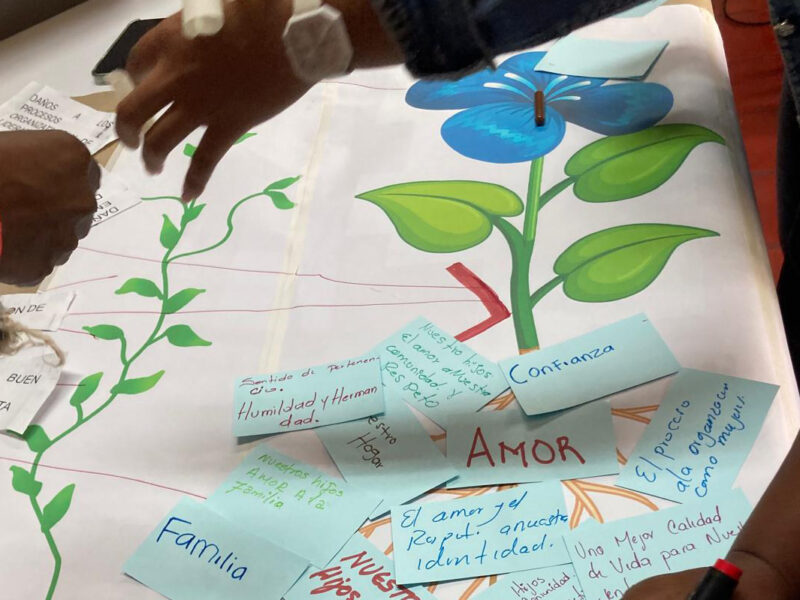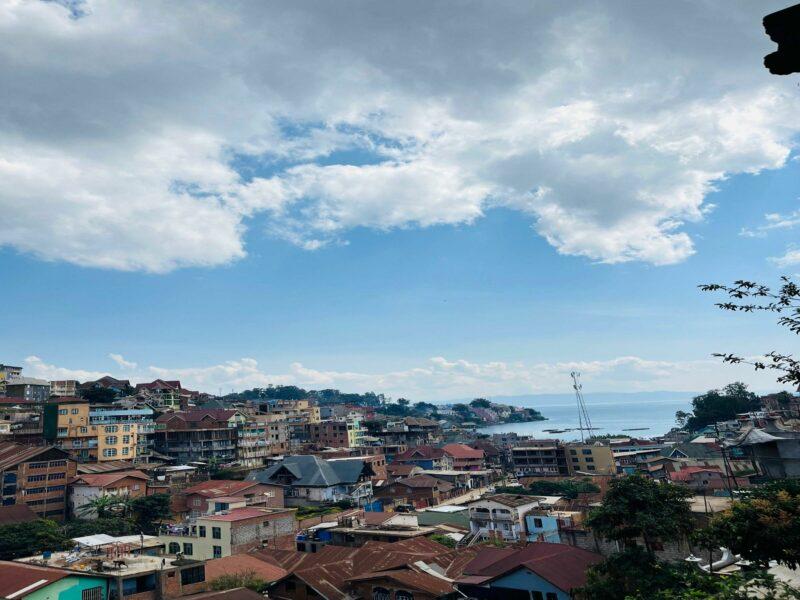Conflict resources and the rule of law
Over 40 per cent of all intrastate conflicts have a link to natural resources and, while it is not new evidence as such, less than a quarter of peace negotiations actually aim to resolve conflicts by addressing resource management mechanisms. By the same token, links to natural resources are rarely included in the design of peacekeeping operations or even conflict analysis to start with.
The risks for relapse are furthermore twice as high for conflicts associated with natural resources, as the growing community of researchers and practitioners on environmental peacebuilding suggests. Being one of the fundamental sources for people’s grievances and one of the main factors that can de-legitimatize the state, exploring the ‘’governance’’ of natural resources deserves further attention.
Equal distribution of revenues and benefits remains one of the most contested issues in developing countries rich in resources such as gas, oil and minerals. See for example Myanmar. The paradox of having opportunities for economic growth slowed down by corruption in both private and public sectors points to weak and dysfunctional institutional structures. This is aggravated in cases where natural resources are extracted in conflict affected regions, being used to fuel war and violence and therefore coined as ‘’conflict resources’’.
Preventing conflict, ensuring equal opportunities and reducing inequalities of outcome can only be achieved through strong and accountable institutions. This is at the centre of the UN Sustaining Peace Agenda and the new Sustainable Development Goals. The rule of law as a principle of governance is a central ingredient of a global drive to address shortfalls in institutional performance in different sectors, and is therefore also crucial in the regulation of natural resources. Let’s take the extractives as an example.
Making a case for mining
Research shows that one of the common conflict drivers in the mining industry (in many cases one of the most profitable and strategic sectors for economic development) is the lack of transparency and accountability in the central and local government. Colombia is a case in point, where conflicts arising among various groups engaged in extractive activities have been specifically linked to weak institutions. Despite the existent well-developed legal framework, there is still a large amount of illegal mining operations carried out, as much as 60 per cent of all mining operations in Colombia in 2016. This raises environmental and social concerns, for example violations of labour rights and environmental degradation, but it also leads to consequences of political nature, given the lack of state legitimacy.
Administrative burdens and grievances
The difference in the actual implementation of laws is on one hand the key rule of law challenge in the governance of the extractive industries. On the other hand, the complex regulatory framework does not necessarily make it easy for miners with a long tradition of artisanal/traditional mining to seek permits and simply comply with the law. In fact, this is one of the main challenges in the process of formalizing mining activities in Colombia – administrative burdens, complex procedures, high fees in the process of obtaining licenses and lack of differentiation between requirements for large-scale operators and small scale mining. This essentially perpetuates the existing informal structures and makes it impossible for the government to establish oversight. In turn, this also leaves room for criminal activities sustaining armed groups, thus clearly undermining the peace process.
In addition to complex bureaucratic procedures preserving the informal sector, grievances and social conflicts can also emerge in cases of forced displacement of affected communities, or in cases of unilateral decisions by government to change policies and rules of procedures without consultation. Lack of participation has long been identified as one of the main conflict drivers and as one of the fundamental principles for the success of any peace process. Identifying mechanisms to enable citizen engagement in practice remains a challenge.
Why work across silos?
Finding answers to some of the challenges above requires working with integrated approaches to peacebuilding. The joint Swedish Environmental Protection Agency and UNDP programme on strengthening human rights and the rule of law in environmental governance is one example of such work. Building on the initial UNDP/FBA toolkit for assessing rule of law in public administration, the joint programme has adapted the toolkit to the mining sector, with support from FBA. Pilot studies were carried out in Colombia, Mozambique and Mongolia, looking into the governance of the mining industry and assessing its impact on the environment and human rights.
Some of the findings from the pilot studies will be presented in the upcoming Stockholm Dialogue on the Nexus between Human Rights, Environmental Sustainability and Conflict Prevention on June 12. The event is organized by the Swedish Environmental Protection Agency, UNDP, UN Environment and FBA. We will be further exploring entry points to increasing transparency and accountability in environmental governance, as well as its impact on peacebuilding. If you are curious, join by registering via this link by 01 June!
av Ludmila Ceban








